
The Czech Republic was quick to denounce Russia’s invasion of Ukraine, and prime-minister Petr Fiala even took a risky trip to a besieged Kyiv, to show his support. The most surprising Czech reaction came from president Milos Zeman, a staunch pro-Russian who unequivocally condemned the invasion and asked for a firm response to Putin.

The threat of Russian aggression against Ukraine comes as an important test for the new Czech government of Petr Fiala – the first major international crisis it must face. It will not be easy, given that the current coalition has to share power with a pro-Russian president and is also facing a growing disinformation campaign.

With Miloš Zeman plagued by illness and only a year left of his term in office, the Czechs are already starting to look at a field of potential would be Presidents. Next year’s presidential elections may finalise a change that started with 2021 the parliamentary polls, and put Cechia ruling elite firmly back in the Western camp.

Three decades after the fall of communism, Vaclav Havel remains the most important symbol of the Velvet Revolution. Michael Švec writes from Prague about the days of the revolution and Havel's legacy.
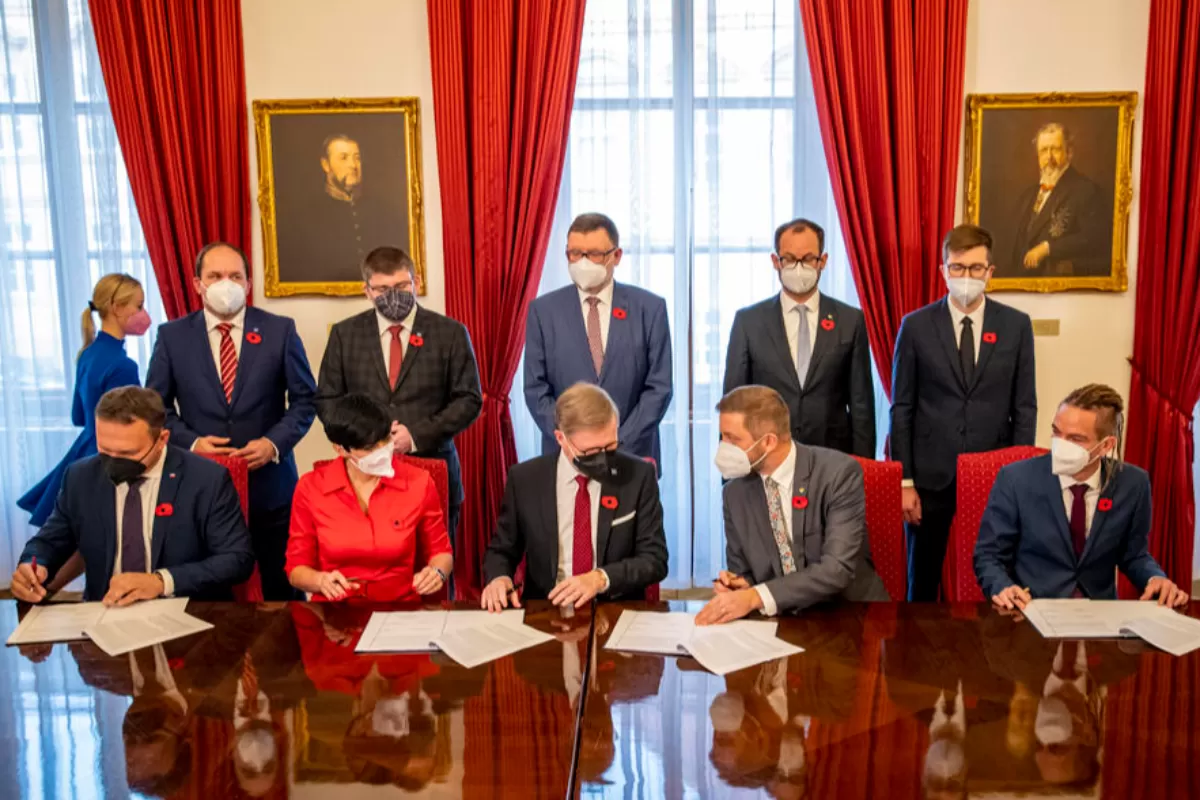
All five members of the emerging coalition speak with one voice about the pro-Western direction of the country and the return of the policy of promoting human rights in the world.
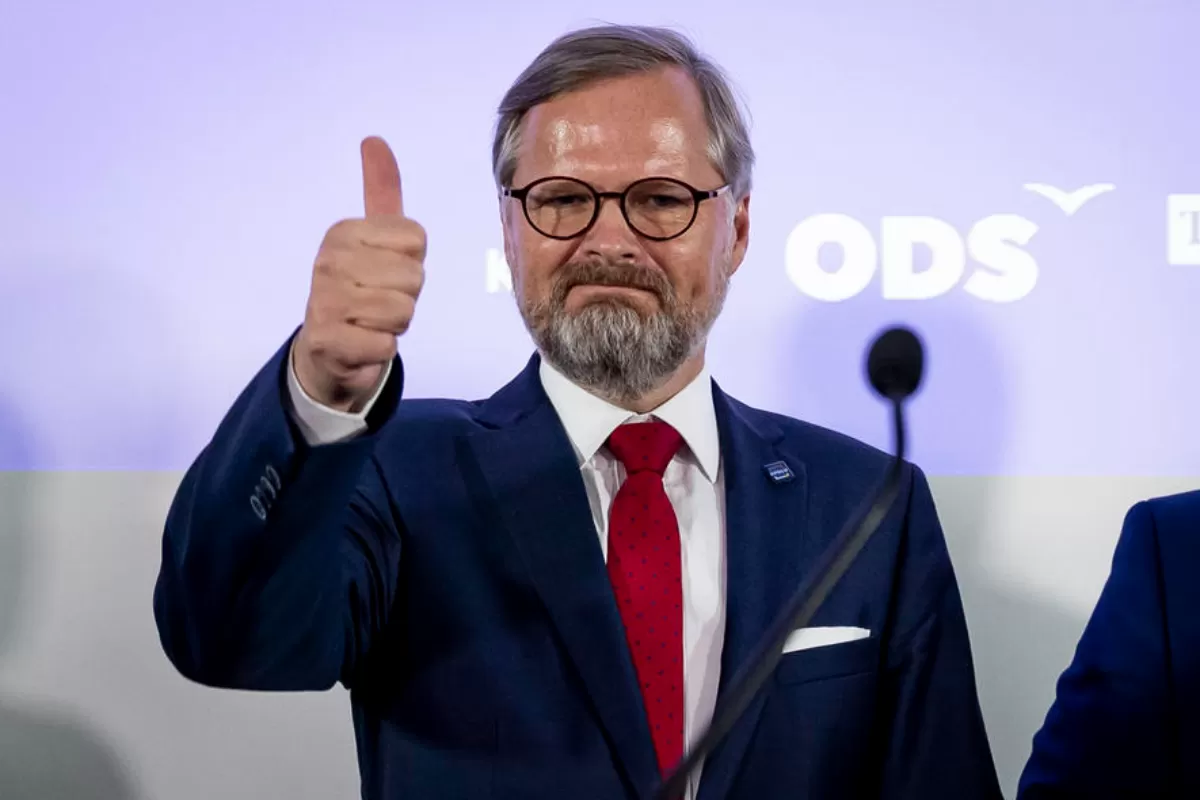
The recent parliamentary elections have redrawn the political map in the Czech Republic. The incumbent Prime Minister Andrej Babiš has lost power, a coalition of five very diverse parties will most likely govern, and voters of the traditional left-wing parties have lost their representation entirely. The post-election situation is further complicated by the fact that President Miloš Zeman is seriously ill and, according to the hospital where he is hospitalised, is unable to exercise his powers. Prague Castle, however, is silent about Zeman's condition.
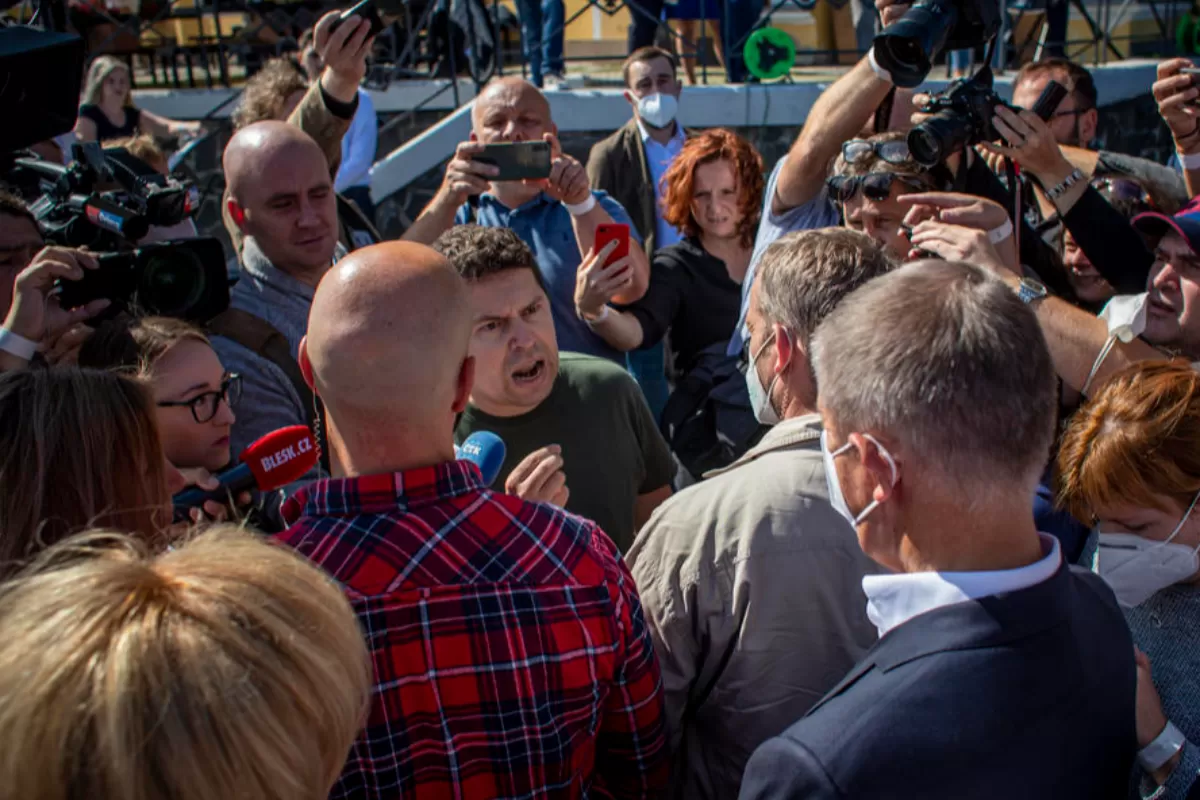
Just as the electoral campaign was beginning in the the Czech Republic, the public got a taste of a Greek tragedy when the incumbent Prime Minister, Andrej Babiš, was publicly challenged by his estranged son. The bizzare story, which involves even an alleged kidnapping of Babiš Jr. on his father’s orders, has some very real implications as it may be connected to a fraud involving European funds and a company owned by the Prime Minister.
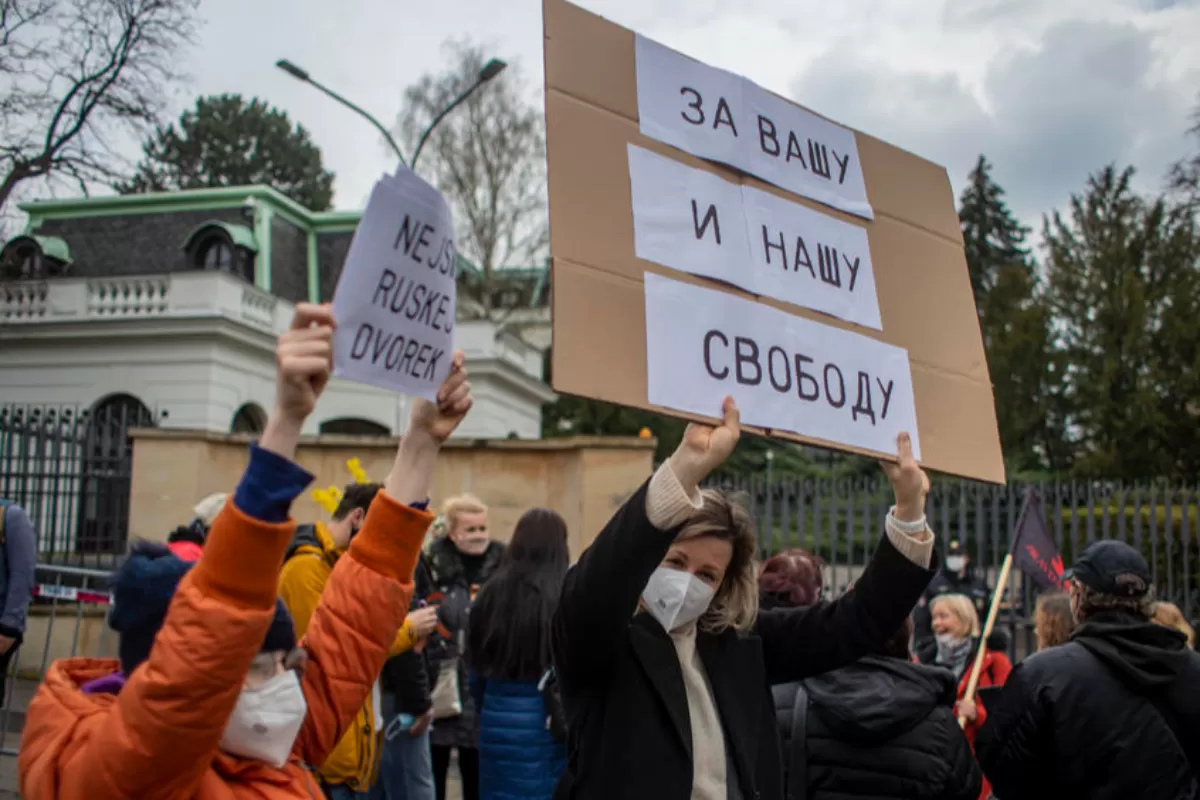
The pro-Russian Czech President seems determined to get rid of the country’s head of domestic intelligence, whose job is to stop Russian spies. The intelligence chief used to be supported by the Prime Minister, but with elections looming, the latter now needs the President by his side.

After the warm summer, a hot autumn awaits the Czech Republic. Elections to the Chamber of Deputies of the Parliament are held at the beginning of October and they could change the political landscape in the country. The current political hegemon Andrej Babiš and his ANO movement could lose their position, traditional left-wing parties – communists and social democrats – may not make it to the upcoming Chamber of Deputies and there are some new political forces, such as a party led by former anti-mafia policemen, which is growing and promising "justice".

The case of Vrbětice – the revelation that explosions of ammunition depots in 2014 were apparently caused by agents of the Russian military intelligence GRU – shook relations between Prague and Moscow in April. In May, there was a quake on the domestic political scene.
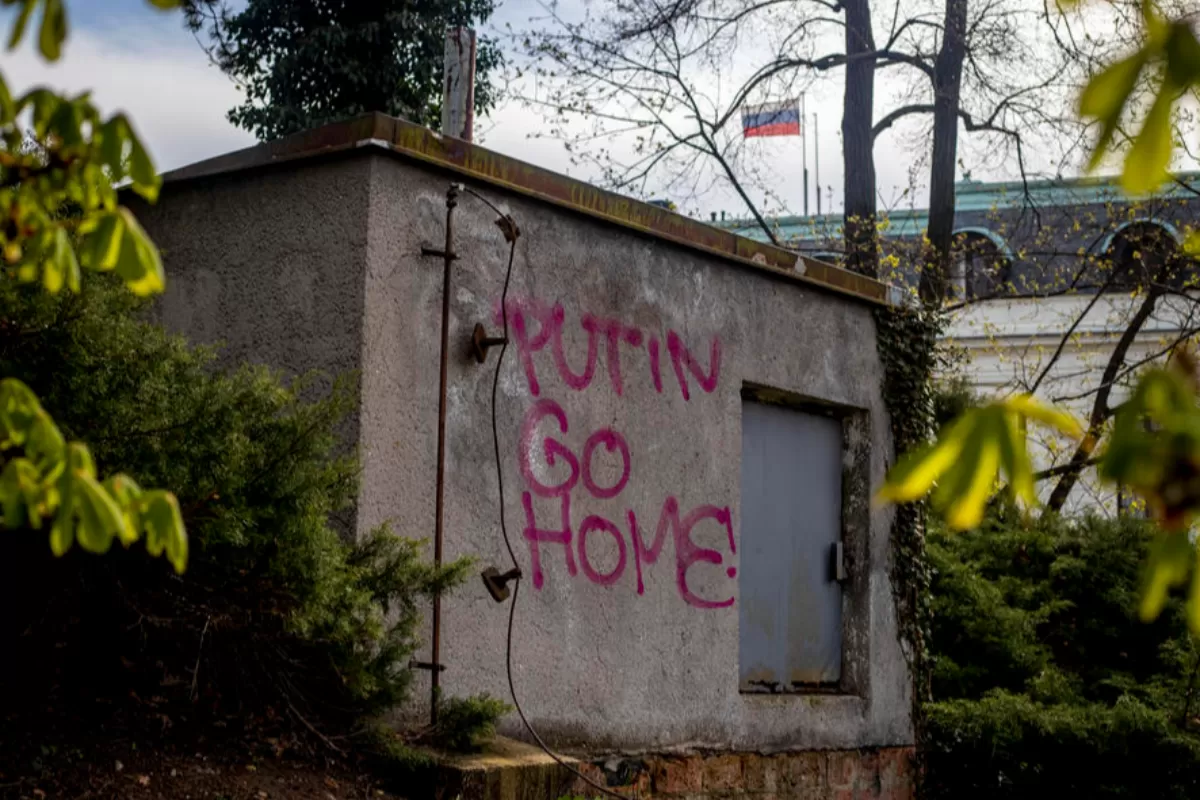
The Czech Republic has announced that it is expelling 18 Russian diplomats, following the sabotage of an ammunition depot by Moscow’s agents. The measure seems to have been taken without consulting all the domestic key players or Prague’s Western partners: in the days that followed, both the lack of cohesion of the state authorities and the hesitations of external partners to show solidarity were apparent.